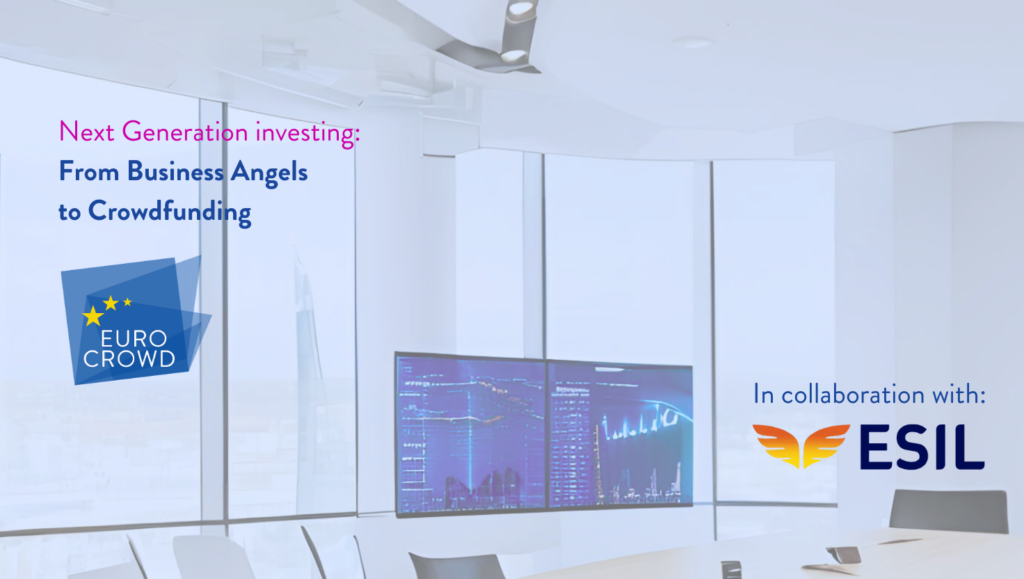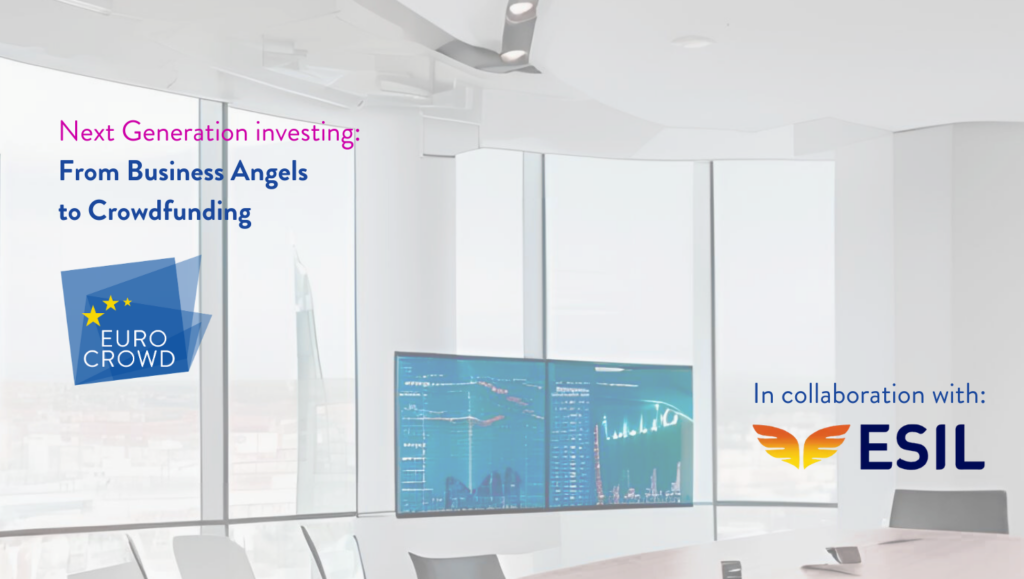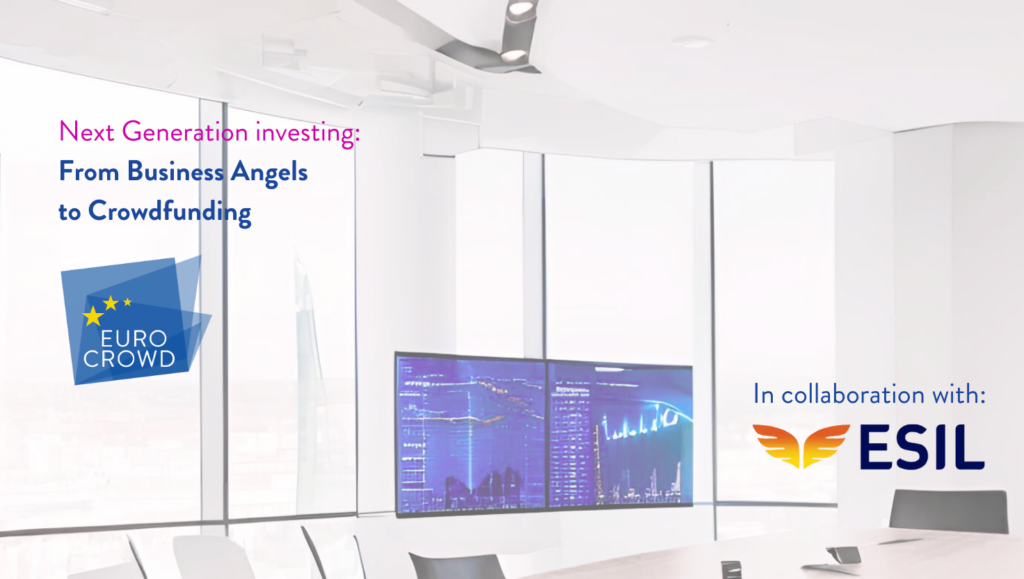Cross-border investment plays a critical role in Europe’s innovation ecosystem. By enabling the movement of capital, knowledge, and expertise across national boundaries, it supports the development and scaling of startups and SMEs—key engines of economic resilience and technological progress.
Among early-stage investors, business angels are a vital part of this landscape. They provide not only funding but also mentorship and strategic guidance. Yet despite growing interest in cross-border deals, angel investors continue to face significant barriers when operating across the EU. This limits the flow of capital and the ability of ventures to scale across national markets. ESIL (Early Stage Investing Launchpad) is designed to help business angels to create better cross-border investment opportunties.
Barriers to Cross-Border Angel Investing
Several persistent obstacles constrain collaboration between investors and entrepreneurs across borders:
- Legal Fragmentation: Europe’s patchwork of national legal systems complicates deal structuring, contract enforcement, and investor protection.
- Lack of Standardised Tools: The absence of harmonised templates and processes leads to higher legal costs, slower transactions, and increased uncertainty.
- Administrative Complexity: Regulatory and tax-related burdens make it difficult for angel investors to confidently and efficiently invest outside their home country.
- Limited Cross-Border Networks: Despite growing pan-European initiatives, angel communities remain predominantly national in scope.
These barriers not only restrict access to capital for startups but also prevent angel investors from building more diversified, cross-border portfolios.
Laying the Groundwork for Pan-European Angel Investing
The ESIL (Early Stage Investing Launchpad) initiative is actively addressing these challenges by promoting collaboration among investors, startups, and support organizations across Europe.
In early 2025, ESIL introduced a suite of standardised legal templates to reduce the legal and administrative burden of cross-border investment. These include:
- Term sheets
- Non-disclosure agreements
- Shareholder agreements
Designed for use across multiple jurisdictions, these tools aim to streamline dealmaking, reduce transaction costs, and build trust among stakeholders from different countries.
Beyond tools, ESIL promotes a broader pan-European approach focused on capacity-building, investor education, and community development—reinforcing the idea that cross-border investment is about much more than capital; it’s about connecting ecosystems and fostering long-term relationships.
Want to know more about becoming a Business Angel?
Toward a More Unified Investment Landscape: The Role of Crowdfunding and ECSPR
While business angels remain central to early-stage finance, crowdfunding is emerging as a vital complement.
The introduction of the European Crowdfunding Service Providers Regulation (ECSPR) in 2021 marked a turning point. By creating a single European license for crowdfunding platforms, ECSPR has:
- Reduced legal uncertainty for platforms operating across borders
- Harmonised investor protection standards
- Enabled platforms to scale beyond national boundaries
These developments align closely with ESIL’s mission to simplify and expand cross-border investment. However, ECSPR’s rollout has not been without its challenges.
ECSPR: Opportunities and Remaining Obstacles
- Despite its potential, ECSPR’s implementation has encountered several hurdles:
- Slow Licensing Processes: National competent authorities have taken significant time to process applications, slowing platform expansion.
- Platform Adaptation: Adjusting to ECSPR’s requirements around disclosure, governance, and investor classification has required substantial effort and resources.
- Low Investor Awareness: Both retail and professional investors remain largely unaware of the regulation and its benefits, limiting immediate uptake.
Yet the opportunities remain substantial:
- A more competitive and integrated European investment market
- Increased investor confidence through common standards
- Greater access for startups to pan-European capital, without the need for a physical presence in each country.
Bridging Fragmentation: Toward a Culture of Cross-Investor Collaboration
The development of standardised legal templates through ESIL is a meaningful step toward simplifying cross-border angel investing. But Europe’s investment fragmentation extends far beyond legal hurdles. It is shaped by deep cultural, linguistic, and societal differences—in how risk is perceived, how freedom is exercised, how capital is deployed, and how entrepreneurship is valued.
These divides are reflected in the often parallel evolution of business angels and crowdfunding platforms. Angels typically operate through local, trust-based networks, while platforms enable structured, scalable participation by retail and professional investors. Each model brings distinct strengths: mentorship and agility from angels; scale and democratization from crowdfunding.
Unlocking Europe’s full investment potential requires moving from parallel tracks to a shared roadmap.
This calls for more than tools. It demands:
- Shared Knowledge Infrastructures: Platforms and angels should exchange insights on structuring deals, risk-sharing, and syndication under ECSPR.
- Cross-Pollination of Investor Communities: Joint investment mechanisms that combine retail reach with strategic angel engagement can strengthen venture outcomes.
- Cultural Interoperability: Trust-building must go beyond contracts—through dialogue, learning exchanges, and pan-European community building.
- Policy Alignment: Regulators should view ECSPR not as a standalone framework, but as a piece of a broader strategy to foster early-stage finance.
Angel investing and crowdfunding should not be viewed as separate silos, but as interdependent levers in creating a more resilient and integrated European investment landscape. The challenge lies not only in harmonizing regulation—but in aligning values, practices, and expectations across Europe’s diverse investor cultures.
Bridging Europe’s Investment Divide
Simplifying cross-border investment is a strategic necessity for Europe’s long-term innovation and competitiveness. ESIL, by developing standardised legal and operational tools for angel investors, is contributing to move forward. At the same time, ECSPR is opening the door for truly pan-European investment models.
By aligning efforts between business angels, crowdfunding platforms, regulators, and ecosystem builders, Europe can foster a more coherent, collaborative, and accessible investment environment—one where ideas, talent, and capital move freely across borders, powered by a shared European vision.
Want to know more about becoming a Business Angel? Find out more at European ESIL
Additional sources:
- ESIL legal templates for structuring deals, streamlining negotiations and increasing mutual understanding between investors and start-ups
About European ESIL
ESIL is dedicated to boosting Europe’s innovative ecosystems through the creation of a thriving, connected and diverse angel investment community across all the countries of Europe. The programme is managed by:
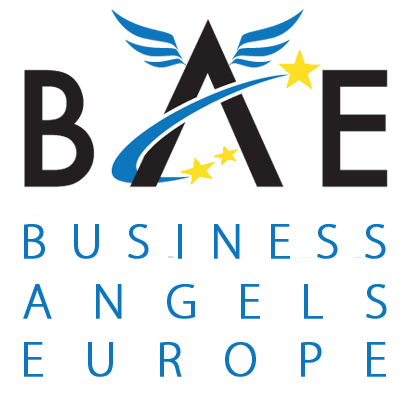 | 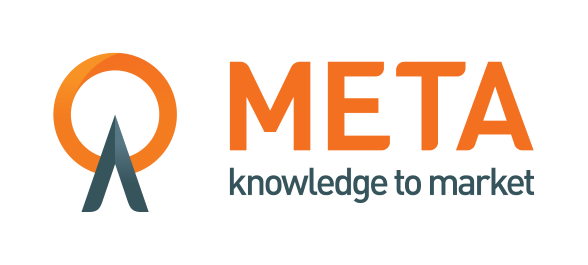 |  |

